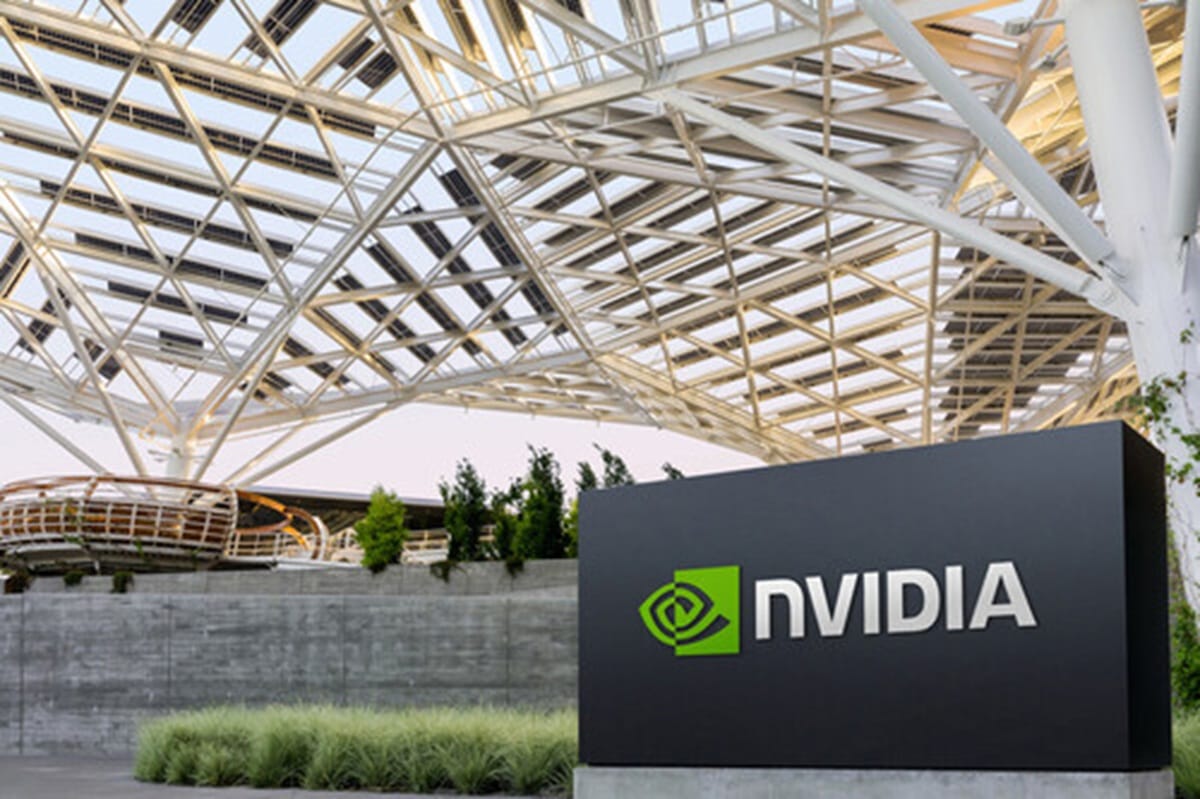China’s market regulator has formally accused the US computer chipmaker Nvidia of violating the nation’s anti-monopoly laws. This move marks a significant escalation in the ongoing tensions between the two largest economies over technology and trade. While specific details of the alleged breaches have not been disclosed, the investigation highlights the increasingly complex regulatory environment for multinational tech companies operating in China. The investigation into Nvidia, a key player in the high-end semiconductor market, is seen by many analysts as a strategic response to the United States’ own restrictions on the sale of advanced chips to Chinese firms. This back-and-forth between Beijing and Washington underscores the critical role that semiconductors play in both national security and economic dominance.
The Intersection of Trade Talks and Regulatory Scrutiny
The accusation against Nvidia emerged amid high-level trade talks between the US and China in Spain. Led by senior officials, these discussions aimed to address a range of trade disputes and maintain a fragile truce on tariffs. The timing of the announcement suggests that regulatory actions are becoming a tool within the broader geopolitical negotiations. The discussions also touched upon the future of popular social media platforms like TikTok, which faced a potential US ban unless it found a domestic buyer. The complexities of these talks, which involve everything from semiconductor technology to consumer-facing apps, reflect the multifaceted nature of the US-China relationship. For more insights on the global technology landscape, you can visit this comprehensive report on semiconductor trends.
The Global Implications for Technology and Commerce
The ongoing scrutiny of companies like Nvidia has far-reaching implications beyond the two countries involved. As nations increasingly use regulatory power to protect domestic industries and influence global supply chains, tech companies face a fragmented and unpredictable market. The semiconductor industry, in particular, is at the heart of this struggle, as advanced chips are essential for everything from artificial intelligence to military technology. Nvidia, in its official statement, confirmed its cooperation with all relevant government agencies, emphasizing its commitment to complying with local laws. This situation exemplifies the challenges faced by global corporations trying to navigate an environment where economic interests and geopolitical strategies are deeply intertwined. For additional context on how these trade wars impact international business, check out this article on international trade regulations. You can also learn more about the complexities of this specific issue on the official Nvidia corporate site and find further analysis on the broader US-China relationship at the official White House website.







